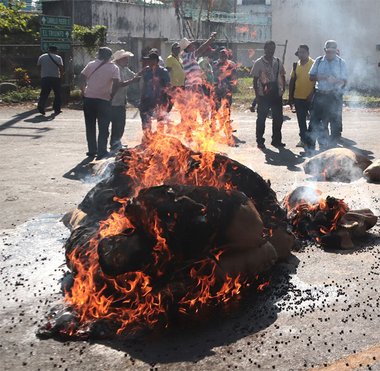Coffee Watch Publications
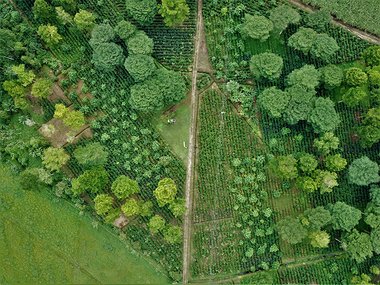
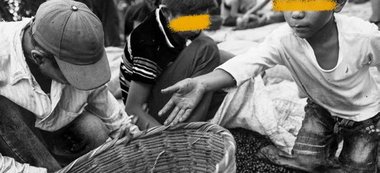
Reports to BAFA Challenge Coffee Giants Under Germany’s Supply Chain Due Diligence Law
Coffee Watch, International Rights Advocates, and others, have filed reports under the German Supply Chain Act against Nestlé, AmRest/Starbucks, and Dallmayr documenting serious human rights violations along the companies' supply chains on coffee farms in China, Mexico, Brazil, and Uganda.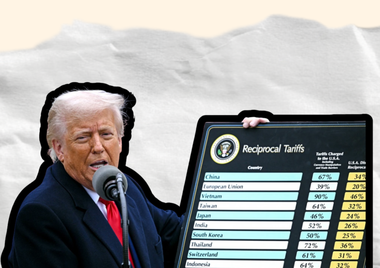
How Tariff Wars and Tariffs Crush Coffee-Growing Countries
Across the global coffee trade, a quiet injustice brews: coffee-producing countries are systematically penalized for adding value to their own beans, locked into poverty by tariff systems that reward raw exports and punish local processing.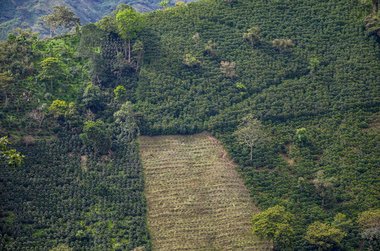
Joint Statement: 120+ companies, investors and NGOs unite behind call on the European Commission to implement the EU Deforestation Regulation
We join over 120 businesses, investors & civil society voices with one message: implement the EU Deforestation Regulation now. Today we call on the European Commission to regain control of the legislative process and commit unequivocally to implementing the EUDR without further delays or dilution.
Wake Up and Smell the Deforestation
Ahead of the Brazilian COP, this new Coffee Watch analysis finds that from 2001 to 2023, Brazilian municipalities with dense coffee cultivation lost more than 11 million hectares of forest. Within that footprint, at least 312,803 hectares were directly cleared for coffee, a footprint on the scale of Honduras.
VOCAL network letter to EU Leaders
VOCAL network calls on EU leaders to uphold the EU's commitment to the EUDR - particularly in light of recent discussions surround a "zero-risk" category and extended postponement of the EUDR's implementation.
Joint Statement: IT’S TIME TO ENFORCE THE EU DEFORESTATION LAW
Joint Statement: It's time to enforce the EU Deforestation Law! In response to efforts to weaken the EUDR and delay it, we’ve joined 74 NGOs in a statement urging policymakers to hold strong and ensure the EUDR is implemented by the end of the year.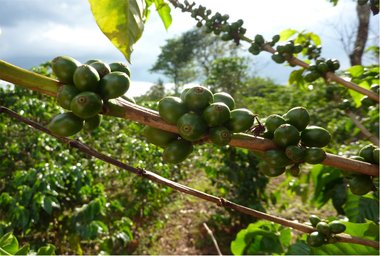
Checking EUDR Non-Compliance in Brazil's Rondônia Region
This coffee risk profile of Brazil’s coffee production state Rondônia is part of a series of reports for AidEnvironment’s Compliance Checker. This sustainability risk profile of Amazon state Rondônia analyses potential noncompliance case studies in the scope of the EUDR.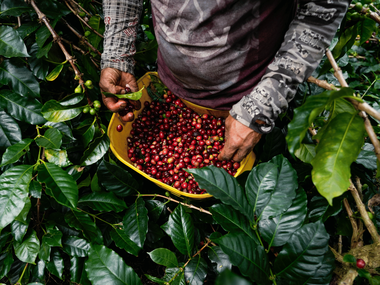
The World's Best Coffee?
Repórter Brasil, with support from Coffee Watch, visited properties that hold major certifications and found bathrooms without showers, dark and poorly ventilated rooms, and improvised kitchens. Not to mention long working hours and a lack of formal employment contracts.
Ally Publications
The ‘Swiss Swindle’ — Does Starbucks short-change coffee-producing countries?
This report explains how Starbucks’ ethical sourcing arm in Switzerland books only tiny C.A.F.E. Practices costs yet is used to shift about $1.3 B in profits via markups to low-tax Switzerland — far outweighing actual ethical sourcing expenses.
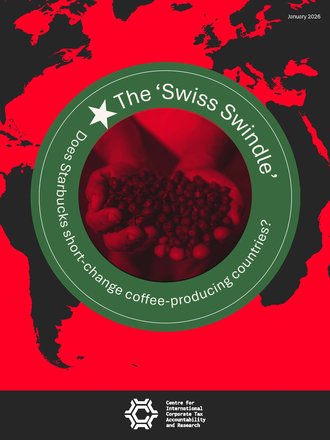
Deforestation Linked to Agriculture
This article shows that nearly 2 Mha of forest were replaced by coffee plantations between 2001 and 2015, of which 1.1 Mha were for robusta coffee and 0.8 Mha were for arabica coffee.
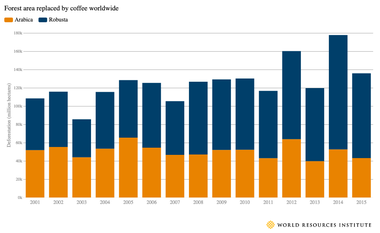
Amazon Footprint Report 2025
According to this comprehensive report, for Sweden, coffee has now overtaken beef as the imported product in the country that affects Brazilian deforestation the most.
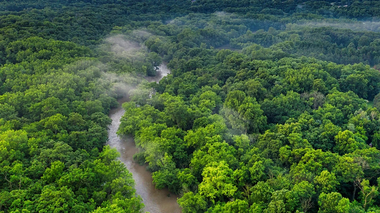
Syngenta coffee from farms with slavery-like working conditions
A subsidiary of the Swiss agrochemical company Syngenta, Nutrade Commercial Exportadora Ltd., and its associated brand Nucoffee, have repeatedly sold coffee from Brazilian farms where working conditions were similar to slavery.
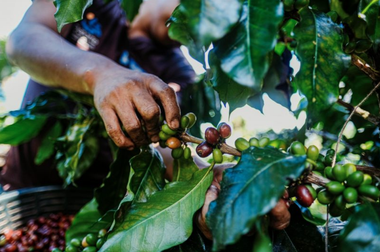
Brazilian workers enslaved by Nestlé's coffee suppliers
An exclusive investigation by Public Eye in collaboration with Repórter Brasil sheds light on several cases of modern slavery perpetrated by Nestlé's coffee suppliers in Brazil.
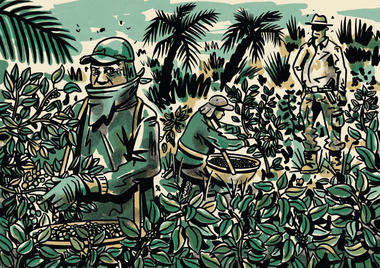
High hopes, low prices: How Nestlé is driving Mexican coffee farmers to ruin
Nestlé wants to be a leader in terms of ethical behaviour. However, Nestlé pursues a ruthless purchasing policy, particularly for its instant coffee. The farmers pay the price, as research in Southern Mexico shows.
